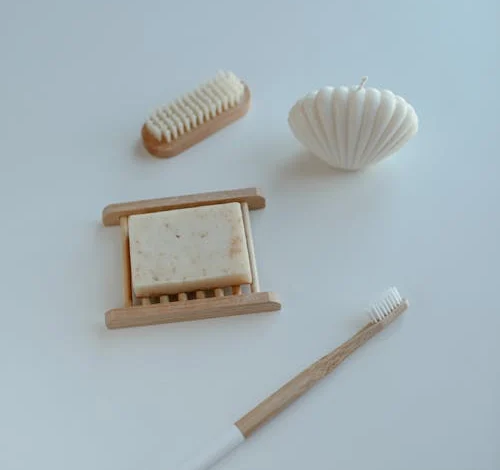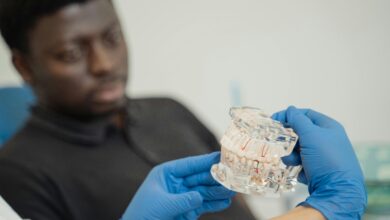How Botox Can Stop Bruxism in Its Tracks

Bruxism, a condition characterized by teeth grinding and jaw clenching, can lead to various oral health issues and discomfort. Many individuals seek relief from this condition, and one surprising solution gaining traction is Bruxism Botox treatment.
What is Bruxism?
Bruxism is a dental condition where a person grinds, gnashes, or clenches their teeth involuntarily. This can occur during sleep (sleep bruxism) or when awake (awake bruxism), and it often leads to headaches, jaw pain, worn-down teeth, and other dental problems.
The Role of Botox in Treating Bruxism
Botox, commonly known for its cosmetic applications, can also be a game-changer in combating bruxism. When injected into specific jaw muscles, Botox can relax these muscles and inhibit their ability to engage in the grinding and clenching associated with bruxism.
How Does Botox Work for Bruxism?
The mechanism behind Botox’s effectiveness in treating bruxism lies in its ability to block signals from the nerves to the muscles. By doing so, Botox temporarily paralyzes or weakens the targeted muscles responsible for jaw tension and teeth grinding.
Benefits of Botox Treatment for Bruxism
Pain Relief: Botox injections can significantly reduce jaw pain and headaches caused by bruxism.
Preventive Measure: Botox can prevent the excessive wear and tear on teeth caused by grinding.
Non-Invasive: Unlike surgical interventions, Botox treatment for bruxism is minimally invasive and does not require extensive recovery time.
Procedure and Results
The procedure for Botox treatment for bruxism is relatively quick and straightforward. A qualified healthcare professional will administer several injections into the masseter muscles of the jaw. Results typically start to show within a few days to a week and can last for several months.
Is Botox Right for You?
If you suffer from bruxism and conventional treatments haven’t provided satisfactory relief, Botox treatment could be a viable option. Consult with a qualified healthcare provider to determine if you are a suitable candidate for this procedure.
Conclusion
In conclusion, Botox has emerged as a promising solution for managing bruxism, offering relief from the discomfort and dental issues associated with teeth grinding and jaw clenching. If you’re considering Botox for bruxism, schedule a consultation with a healthcare professional to explore this effective treatment option.
By understanding how Botox can stop bruxism in its tracks, individuals can take proactive steps towards alleviating the symptoms of this common dental condition.




